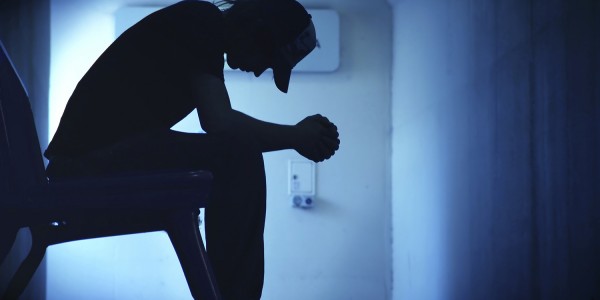Safer than before
About 15 years ago, while working as therapist at a large Mexico City hospital, Hilda Fernandez got some horrible news. A close friend and colleague had suddenly taken her own life.
“That was really shocking,” says Hilda, who is now a suicide prevention counselor with VCH’s Suicide Attempt Follow-up Education & Research Program (SAFER). “I had to deal with all of that grief that came afterwards…it’s very traumatizing because I had to deal with that guilt.”
“I had to really work through the guilt of why I couldn’t help her, why I didn’t do something, how I couldn’t know. Because of that, I understand how difficult it is for people and have that compassion, I know what it’s like.
Now in Vancouver, Hilda is using her personal experiences to help others grappling with the idea or impact of suicide. At SAFER, she provides free counseling services to people with suicidal thoughts or who have attempted suicide, to those who are mourning the loss of someone to suicide and to friends and family members who are worried about a loved one who is possibly thinking of suicide.
On average, Hilda and the other counselors at SAFER see four clients each day, whose situation they assess and work with other professionals, like doctors, to look at what other resources are needed to help that person. Hilda will also work on the intake side of SAFER, answering calls on the very busy help line and visiting Vancouver General and St. Paul’s hospitals for any people in need there.
Helping all of these people on a regular basis can obviously take an emotional toll on the therapist. Hilda takes good care of herself and her wellness to take good care of her clients.
Work-life balance
“It’s important to have balance with your personal life and work,” she says. “You need to make sure you leave your work at work and then do something very nurturing and different from what you are doing in the day. I, myself, do yoga and flamenco dance and spend time with my family and friends.”
And equally as important, the entire SAFER team supports each other emotionally and professionally.
“I couldn’t do this job, which can be very intense, without the support of my colleagues,” she says emphatically. “Having the support of my colleagues is very important – they are reliable, they are supportive, they are compassionate, they are friends. There’s a big network of support here.”
Do you need help?
Are you having suicidal thoughts? Here are some places to find help.
– EFAP’s Criticial Incident Stress Management Services: 604-872-4929, 1-800-505-4929 or help@efap.ca
– EFAP eServices
– EFAP materials
– SAFER: 604-675-3985
– Crisis Lines:
604-872-3311 (Greater Vancouver)
1-866-661-3311 (Howe Sound and Sunshine Coast)
1-866-872-0113 (TTY)
1-800-SUICIDE [784-2433] (BC Wide)

